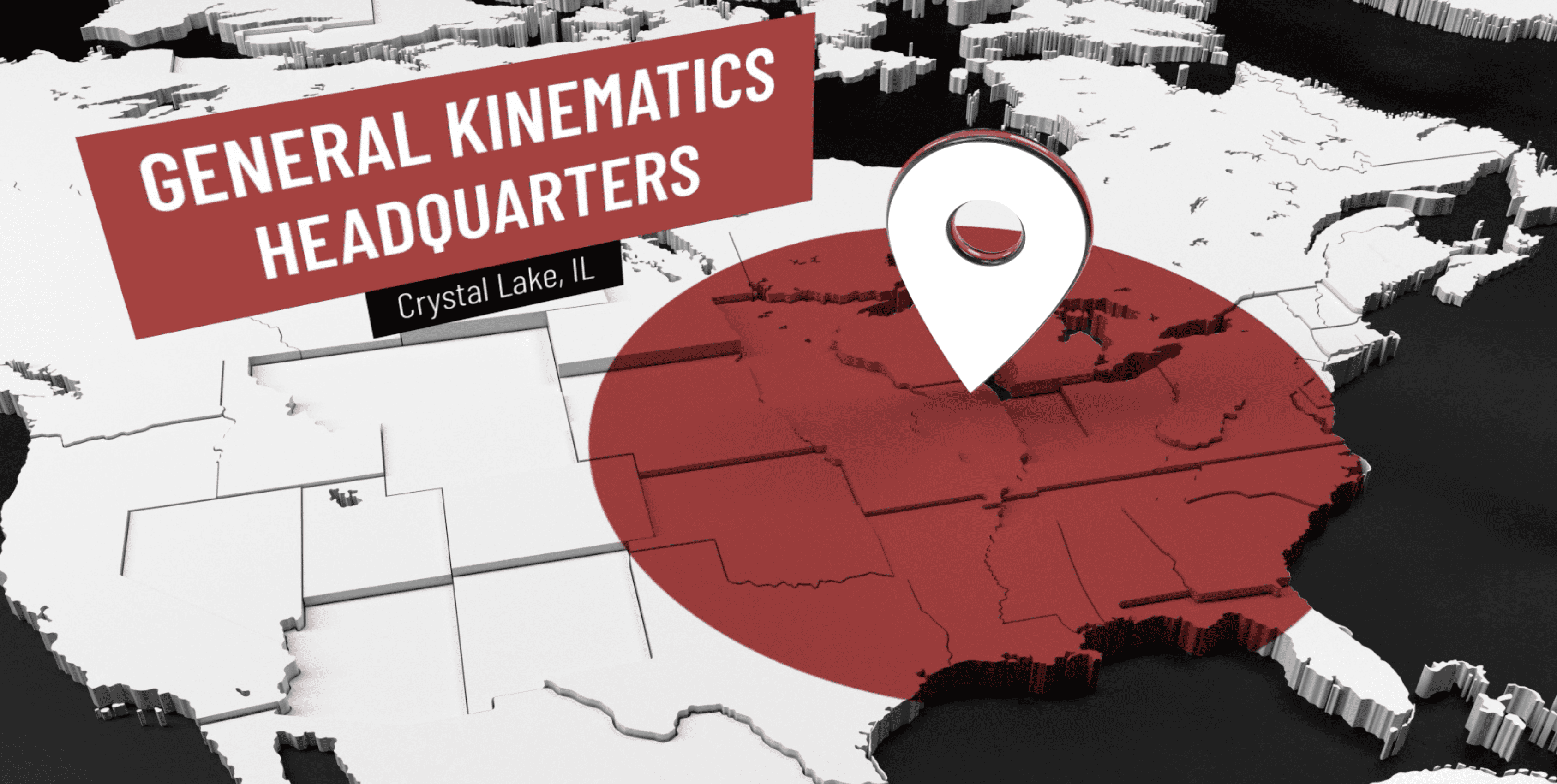In the jungle or forest, what happens to plants or animals when they die? Does someone gather and transport them to a landfill site? No way. Their nutrients naturally break down and are recycled back into the earth in a process called decomposition.
Composting, a human-driven process, is inspired by nature’s own closed-loop cycle. Creating compost—a natural fertilizer that’s made from yard and household organic waste—is an eco-friendly, easy, and cost-effective step for establishing a sustainable garden, conscious lifestyle and environmental awareness.
Basically, leftovers and byproducts—all matter from plants and animals—are tossed into a bin (FYI: this is an outdoor project). Microscopic organisms decompose the pile and enriching soil-fuel is leftover. Like decomposition, composting is an all-natural recycling process!
Organic Waste Management
But, what if you don’t have a garden?
Not to worry. Nowadays, a handful of progressive facilities gather and process organic waste. Similar to trash or recycling operations, organic waste management ensures proper waste disposal and that no contaminants enter the soil or water. For instance, what if an oil-filled glass container accidentally ends up in a compost bin?
An organic waste site isn’t a sole compost stack in a backyard: It’s a grand-scale composting business, which needs effective, efficient operation to secure public and environmental safety and benefits. The GK FINGER-SCREEN™ for instance can effectively screen and separate containers and other waste to create a clean organic waste streams.
What is Organic Waste?
Consider the consumables that live in your refrigerator and you’ll have an entire list of what’s considered to be “organic waste:” fruits, vegetables, meat, poultry, seafood, eggshells, rice, beans, cheese, and—after the turkey or chicken is nibbled up—bones.
A handful of food containers qualify as well: waxed cardboard product—such as for take-out dishes—frozen food boxes, napkins, paper towels and plates, milk or juice cartons, tea bags, coffee filters (and the grounds), plus parchment and waxed papers.
On the far end of the spectrum plant-based waste on the list are plants, flowers, and yard waste.
Get Involved
Contact your local waste management facility today to ask about the most up-to-date recycling and organic waste facilities in your region. Don’t worry—adding another bin for organic waste is easy!






